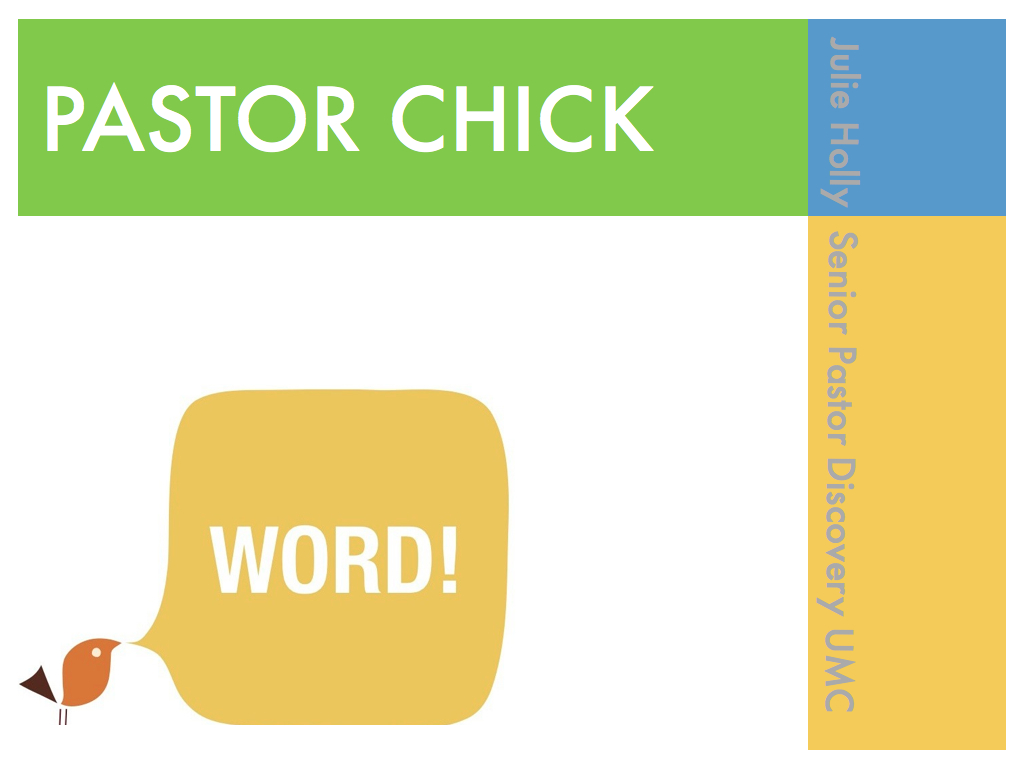Christians believe in new life, in changed lives. We are baptized into new life in Jesus through the Holy Spirit. But just like everyone else, Christians are often nervous about change. Some leaders of the United Methodist Church have issued a “Call to Action”, naming some of the deficiencies in the organizational structure of the UMC and proposing some changes that might improve the effectiveness or fruitfulness of the ministries of the world-wide United Methodist Church. Pretty much everyone agrees that something needs to change so that the ministries and people of the UMC can be more fruitful and faithful (especially since our current structure dates back to the early 1970’s), but we do not agree on what or how to change.
Discovery UMC, where I serve as the senior pastor, just celebrated its 20th Easter (2013 marks the official 20th anniversary of Discovery as a chartered church) and much has changed in our relatively short church life. The people of Discovery have implemented all kinds of new ministries, new organizational structures, and new missions. And we are still not done changing. God continues to bless and challenge us with a growing ministry and congregation, and we continue to seek how to best live as a faithful community and respond to Jesus’ commission to make more disciples.
Each person changes over a lifetime—even over the course of a single, eventful week sometimes. We change because of new experiences, new relationships, and for the sake of survival. When we want to change or renew our lives, we have to try something different from what we have being doing, we have to explore new things, learn new skills.
Whether we seek to grow as an individual, as a community, or as the world-wide United Methodist Church; we must try something new. This is where the trouble starts. We don’t like to be uncomfortable, we fear the unfamiliar, and we prefer to avoid struggles. Change and growth require all these things. We fear what might happen if we choose the wrong path, if we make a less than perfect decision, but if we don’t take a step in some direction the growth that we need will not come.

